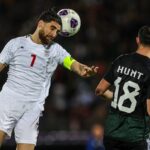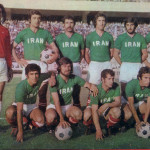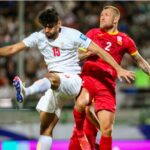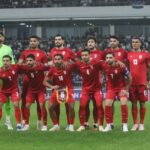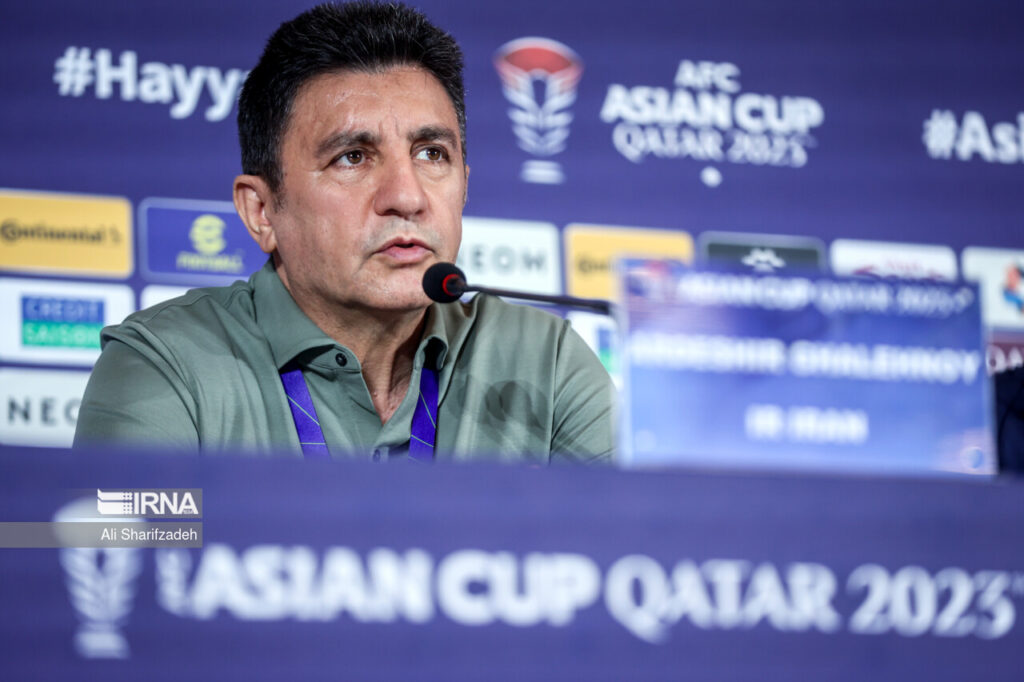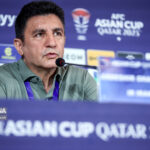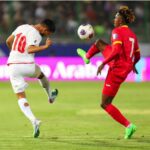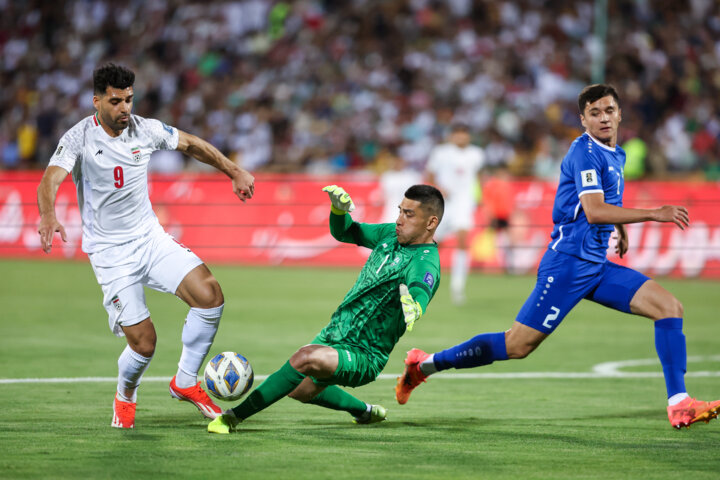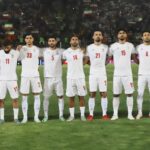Tehran: Amir Ghalenoei praised the contribution of Mehdi Taremi after the Inter Milan forward rose to the occasion to help Iran reach a fourth consecutive FIFA World Cup.
Staring at their first World Cup qualifier home defeat since 2012, Ghalenoei needed someone from his team to step up to the plate and Taremi did not disappoint, scoring his second in the 83rd minute to salvage a 2-2 draw against Uzbekistan with the point sufficient to clinch qualification.
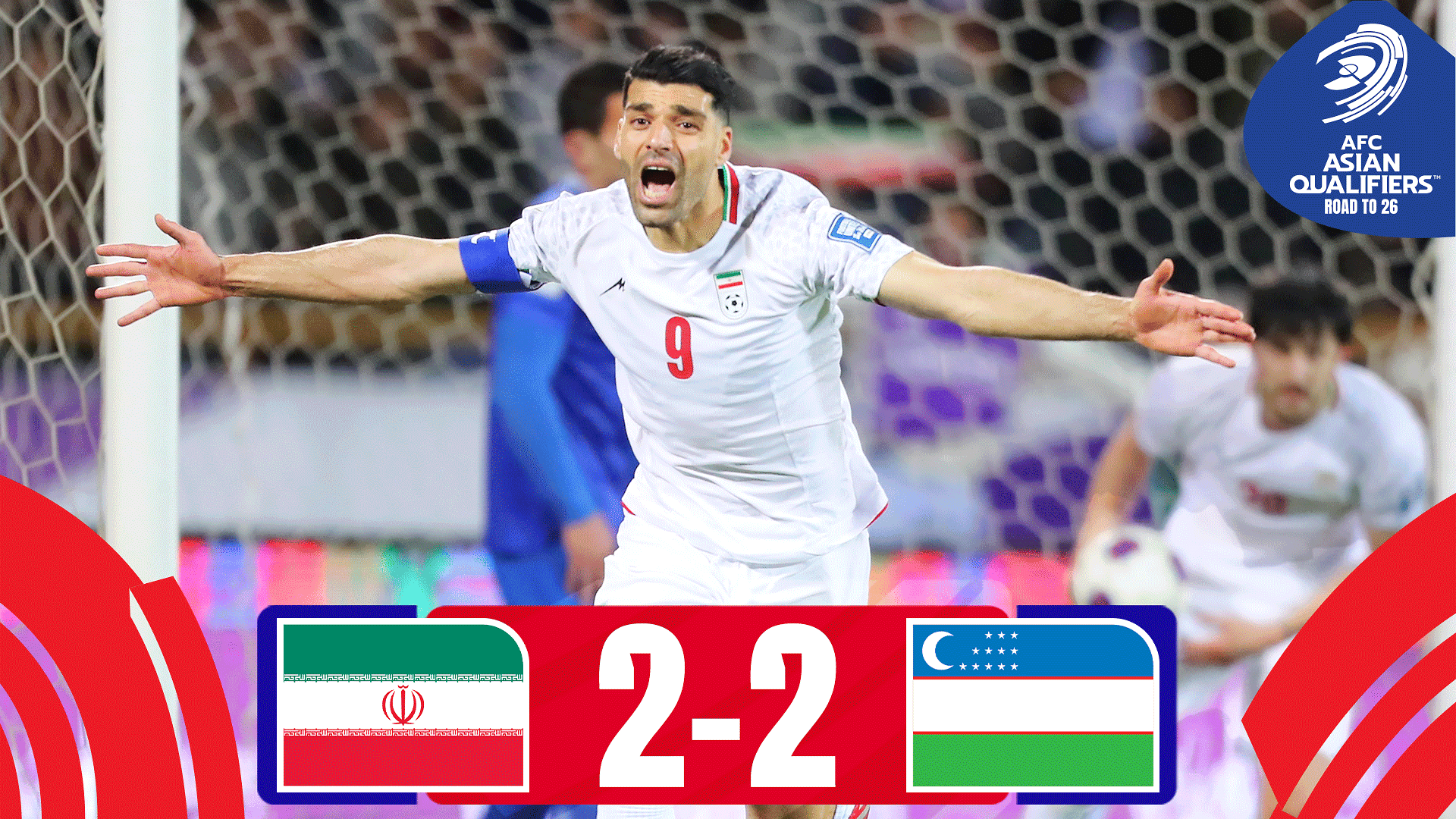
“A great player must help both technically and physically,” said Ghalenoei. “Taremi is one of them, and even though he plays for a great team and is not in good condition and could have missed the season, he played and was with the team and played for the people.
“He became the best player on the field and I am happy that in most games, he is the best player on the field from the Iranian national team.”
Ghalenoei went on to reiterate that reaching the Finals in the United States, Canada and Mexico only meant the beginning of more hard work with the wily head coach targeting a first ever knockout stage appearance at the global showpiece.
“I congratulate the Iranian people on this qualification. Qualification was not an easy task. Look at the capabilities of other teams and you will see that the players were able to achieve this qualification through difficult circumstances.
“We will give a very good plan to the officials in the next two to three weeks and we hope that it will be implemented and we will be able to advance to the Round of 32 in the World Cup.”

Goals from Hojimat Erkinov and Abbosbek Fayzullaev had given head coach Timur Kapadze hope that Uzbekistan themselves could book their spot at the FIFA World Cup 2026 but it wasn’t to be.
However, the Central Asians are still very much in control of their own destiny as they hold a four-point lead over United Arab Emirates with two matches remaining.

“First of all, I would like to congratulate the Iranian national team on qualifying for the World Cup and wish them success in this tournament,” said Kapadze.
“The game was interesting and exciting, both teams had chances. I think the result was fair. We could have beaten Iran, but it didn’t happen.
“The people of Uzbekistan deserve the World Cup and I thank them for their prayers. We are trying to achieve the desired result in the next game and qualify.”


